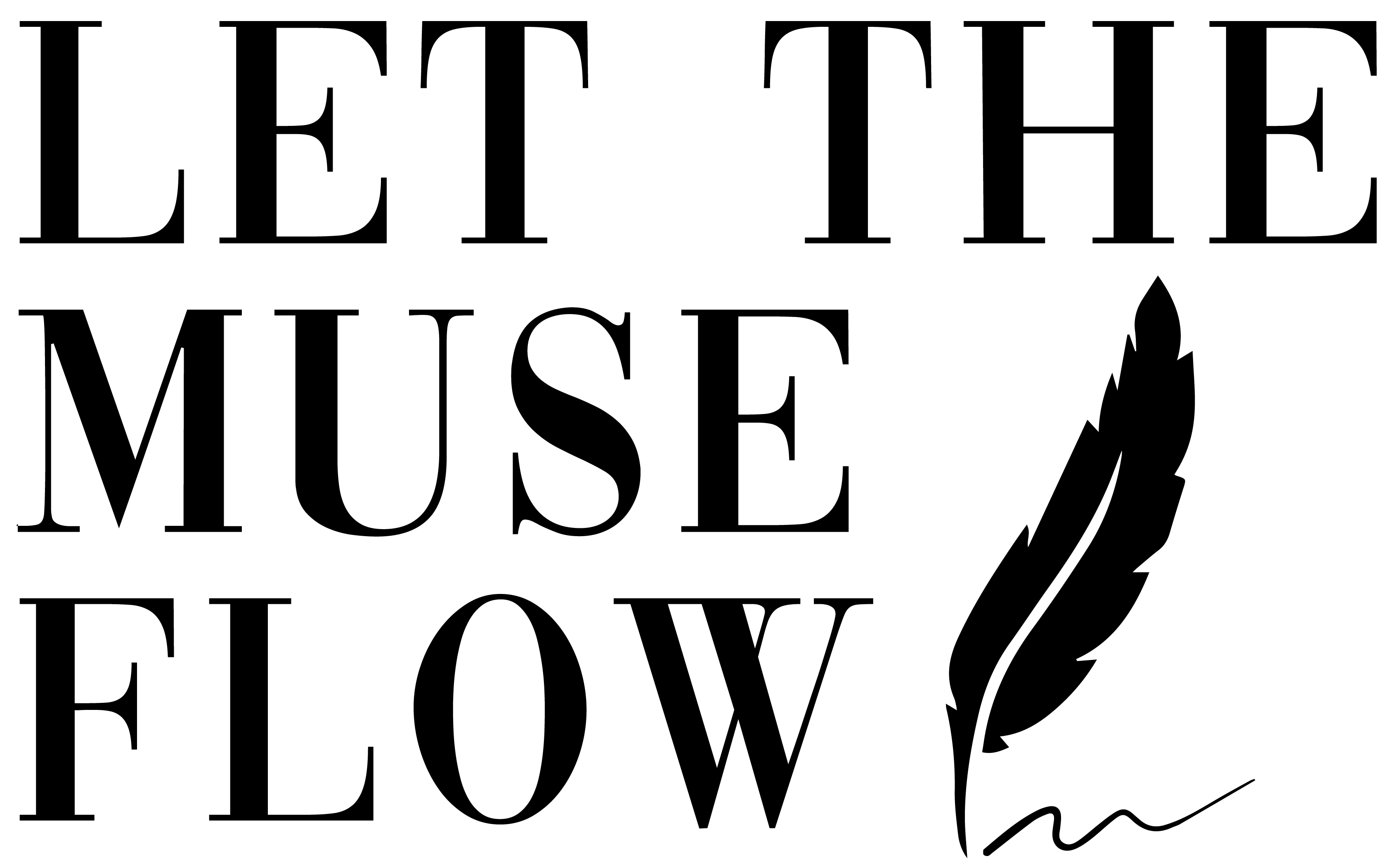
Or let’s put it more fundamentally: are you fully self-expressed? Let’s say if you are bold in your expression – written, oral, professional – is it surfacing well for people to experience the real you at work?
Some of you may be humble and a bit subdued in your demeanor – but is your work persona blending appropriately with the organization’s culture and values?
This question kicks in at the right time, because as you’d know, globally, the workplace success hinges on people and culture.
Let’s first understand, what does it mean when a question like this knocks on your mind – bringing your whole self to work?
Isn’t it implied that we all are ourselves when we are working?
Not quite.
Here’s the way I see the answer: it’s about being the most real version of you: someone who could make quirks (better word, trying to improve every day), someone who could be vulnerable (and sometimes may not know the right answer to every question), someone who is humble (I like the way Adam Grant puts it, ‘humble narcissist’), someone who is naturally curious to reframe and redesign problems for better solutions, and someone who is courageous enough to take risks and hedge problems effectively with bold decisions and initiatives. But the most important facet of being your whole self is how well you define authenticity of your work approach, your personal brand and conversations.
I didn’t use the work moderate – as, in reality, we are in some way a bit extreme in the way our emotions engineer us to take decisions, personally and professionally.
While the answer sounds easy to write and fictionally digests in our imaginative mind, but how we actually put it to practice? How do we love our work and at the same time be true to ourselves for it to reflect in our career, communications and disposition?
Here are three ways you always strive be the real you, no matter what field/ career you are in.
- Have a unified intention. Per the book ‘Book Yourself Solid’ by Michael Port, he aptly mentions about having conflicting intentions, which might hinder our growth in the long-term. For example, you might want to write a novel and please your spouse with its successful publishing. But in your subconscious your intent to write a book might conflict with how it will please your spouse and would await your spouse’s approval for it to be a ‘hit’ in your gut. So while you both intentions are noble but for it to gratify you, you have to holistically have an intention for the best interest of your book’s success. Which, then, would also please your spouse!
- Purpose. Do what matters – consistently – and that defines your sense of purpose. Write your core strengths and go tunnel-like with them to create something lovable at work. It doesn’t matter if you don’t like some aspects of your job. To be candid: we never get an ideal job which we would truly define us at work. But we can always create what we love – and that is through cultivating our strengths of our work. And gradually, our strengths will begin to harvest a seed of purpose for also doing things that were not in sync with our areas of interest. The weight of purpose always trumps the dissatisfaction of overall work we feel when we are not quite ourselves.
- Positive self-talk helps. What you narrate to yourself, consistently, is what you begin to display in your emotions, talks and work. And so, it’s very important to first treat yourself well before you begin to treat others, with care and empathy. Once you are comfortable with yourself, you naturally become comfortable with others as well. As a result, bringing your whole self to work would no more be tense, especially when you are aware of how you want to communicate with your peers, colleagues, and boss and people in general.
These are certain implied changes you can make internally – and you will be on your way to be the most productive, positive and purposeful in your career and life.

